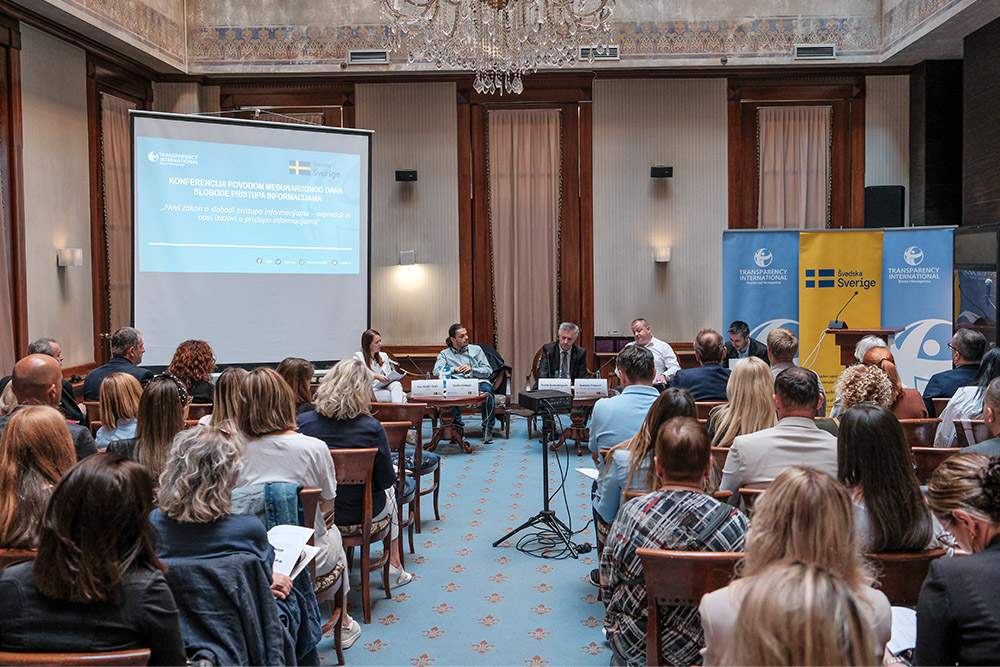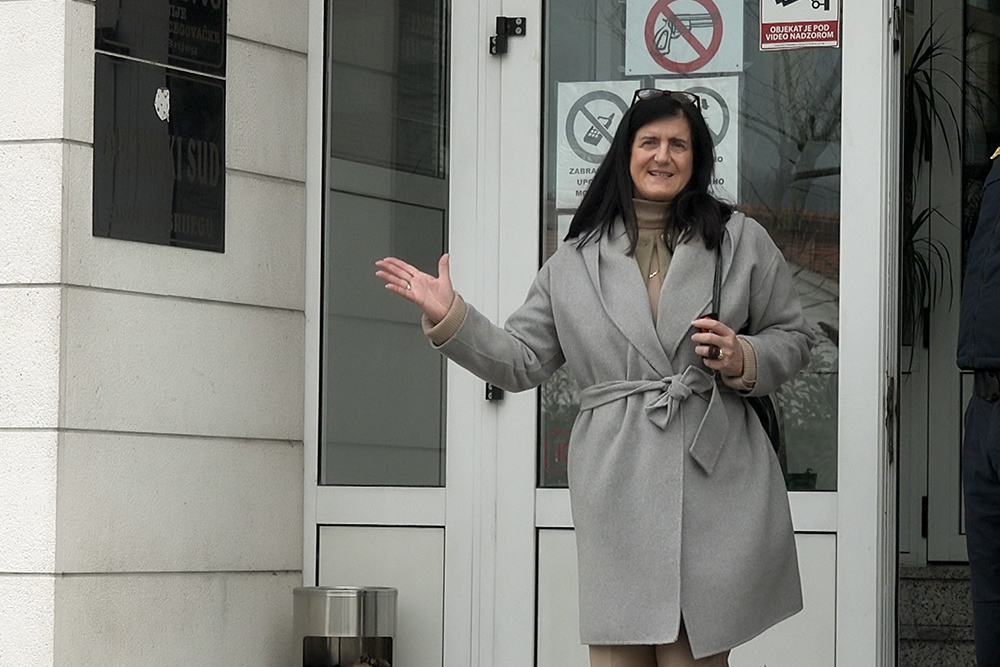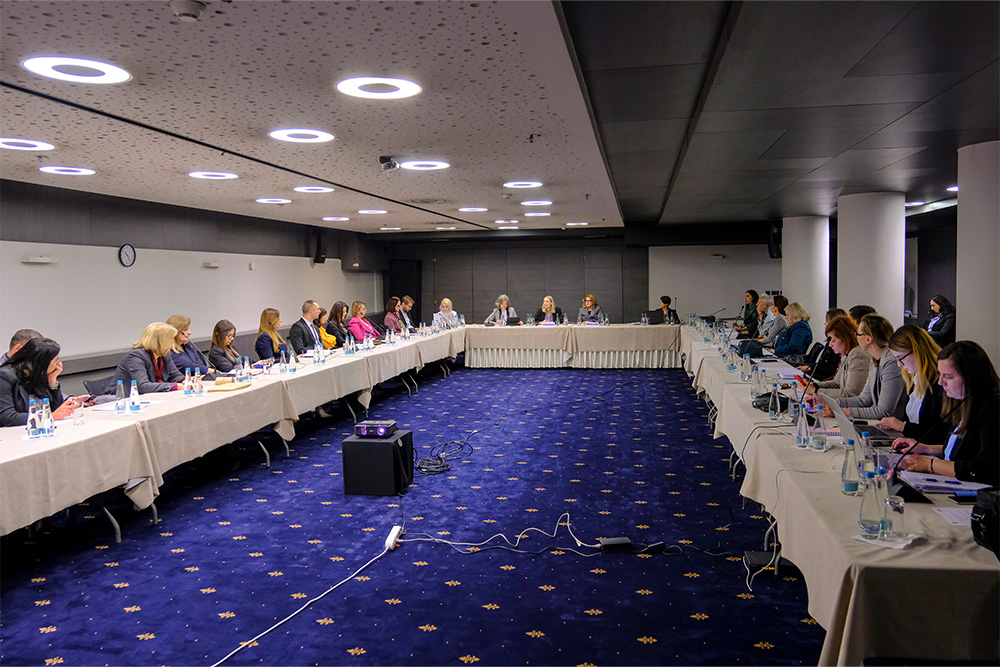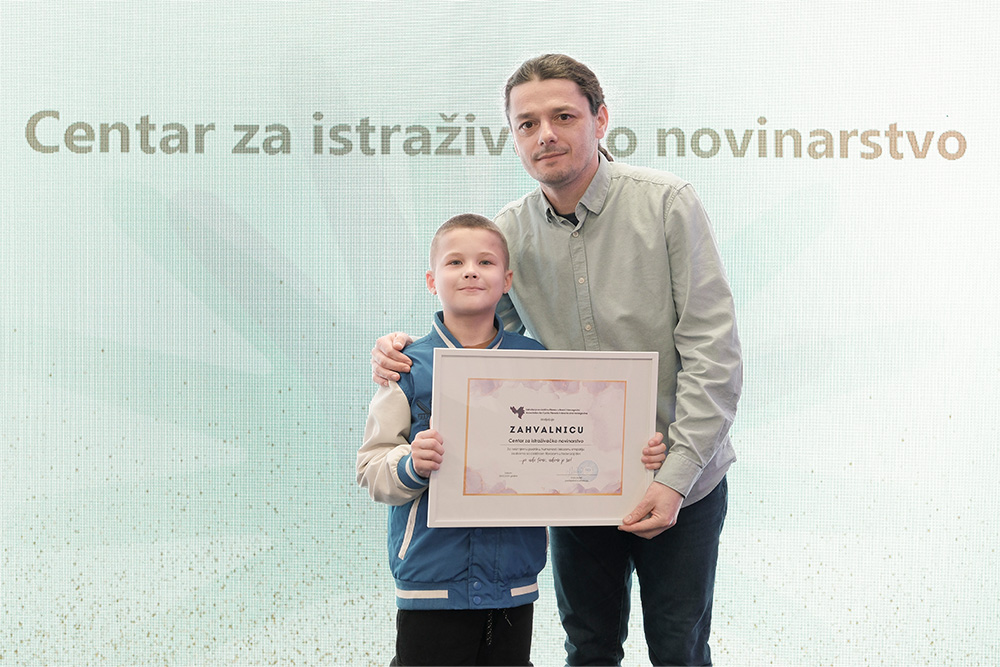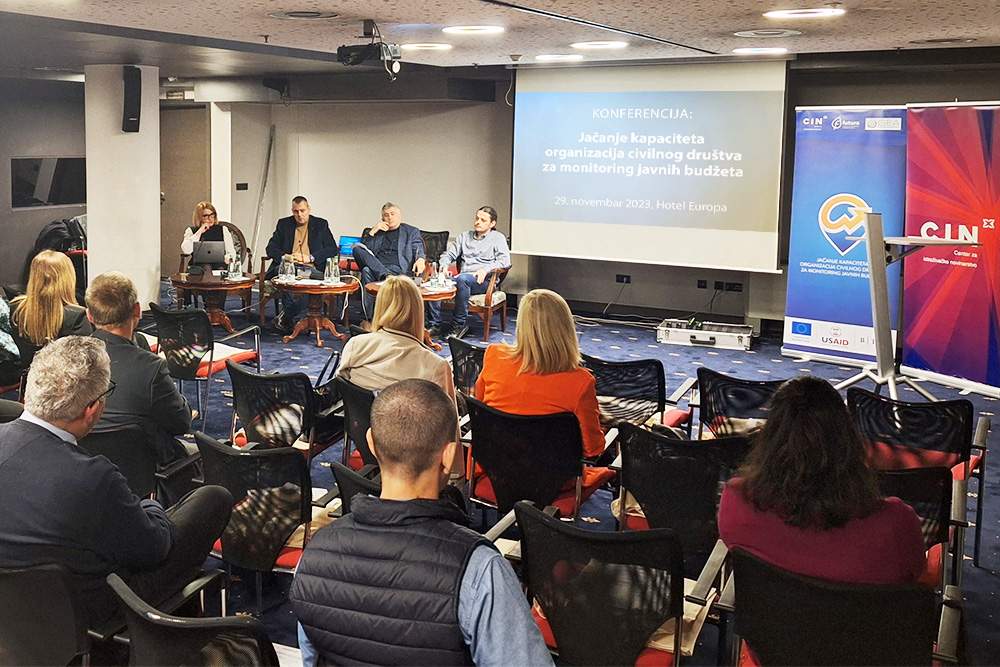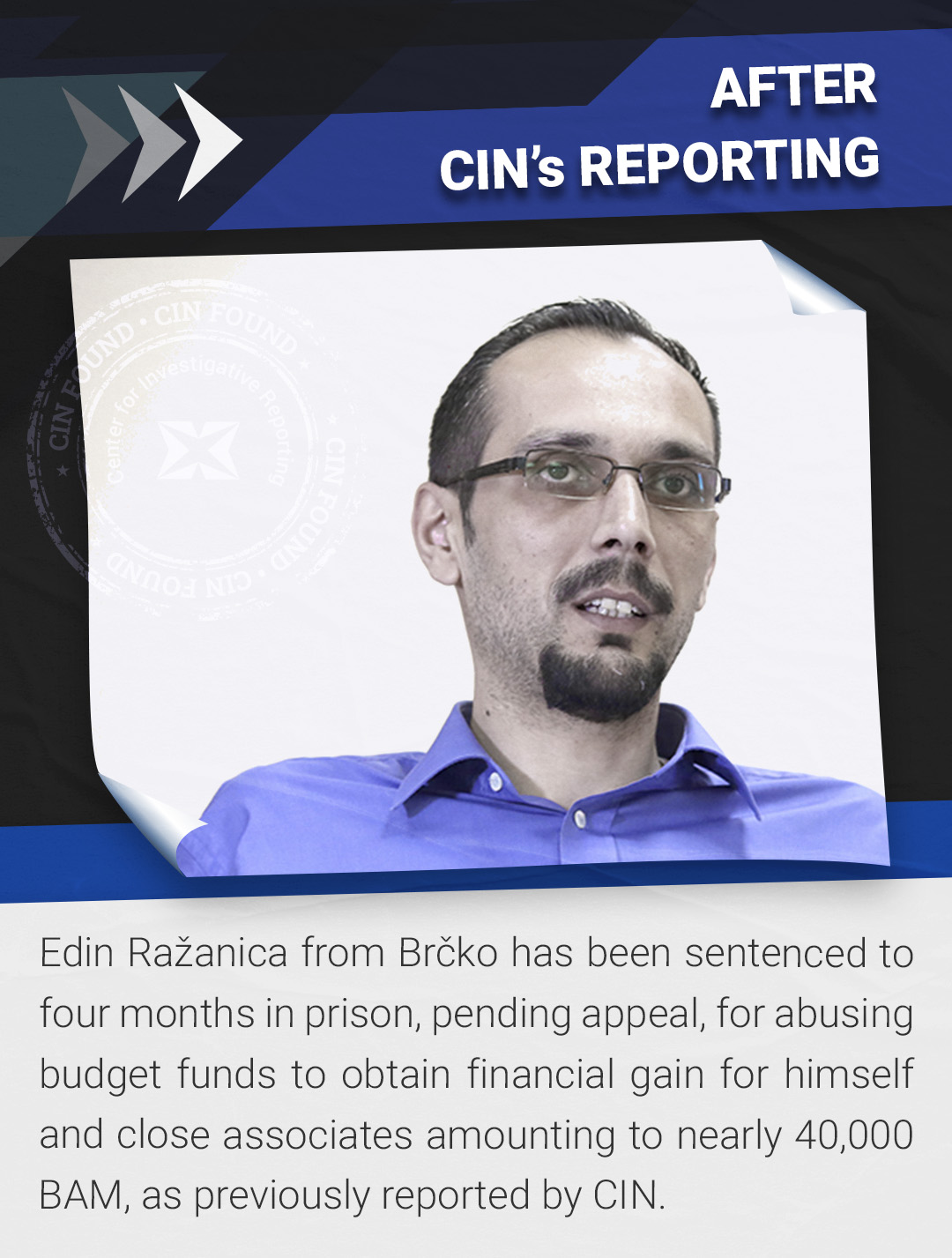In early September 2023, a new Freedom of Access to Information Act came into effect. The new Act brings new challenges for journalists, activists, and other interested parties seeking access to information from state agencies and institutions.
Based on the experience of Transparency International in Bosnia and Herzegovina (TIBiH) and other organizations they collaborate with, Srđan Traljić warns that the new legal provisions could potentially put them in a “much worse situation than they were in before.”
The contentious parts of the Act pertain to the provisions on exemptions from the obligation to provide access to information and that stipulating that appeals against decisions of institutions will be decided by the Appeals Board at the Council of Ministers of Bosnia and Herzegovina (BiH), which was also the proponent of the law.
Decades of Non-Transparency
Bosnia and Herzegovina marks 28 September as the International Day for Universal Access to Information, despite the challenges posed by the new Act. The Act does not represent a step forward, even though it was adopted in circumstances that were already unfavorable for journalists’ fight for free access to information.
On this occasion, TIBiH organized a conference titled “New Freedom of Access to Information Act – Progress or New Challenges in Access to Information” in Sarajevo.
Speakers at the conference included Budimir Petković from the Institution of Human Rights Ombudsmen in BiH, Nedim Hamzabegović, Chief of Staff to the Mayor of Brčko District, Ena Kljajić Grgić, Head of the Legal Aid Department at TIBiH, and Aladin Abdagić, Chief Editor of the Center for Investigative Reporting. They expressed concerns about the provisions of the new Act and its implementation.
“We are particularly concerned about the expanded list of exceptions and assigning of the role of the second-instance appellate body to the Appeals Council. We have not had good experiences with the Appeals Council so far – we have proven in courts that they were wrong in all their previous decisions”, said Abdagić.
Since 2011, CIN, with the assistance of the Legal Aid Department of TIBiH, has won 16 judgments against institutions at all levels because they denied journalists access to information contrary to the public interest and the law.
TIBiH too has been pointing out the deficiencies in the previous Act that was in force at the state level and the Acts still in force at the entity levels, as well as the problems with the failure to enforce them in the past.
“We have a problem with authorities that, when responding [to requests], ignore the substance of a court judgment, i.e., overlook the heart of the judgment, and again refuse to provide access to information”, Traljić noted. “In the new decisions, they cite other grounds for refusal”, said Traljić.
According to the TIBiH 2023 Report on the Implementation of the Freedom of Access to Information Act in BiH, the most commonly cited reasons for refusing access to information on the use of public funds were the protection of personal data, commercial interests, or the absence of public interest.
Bosnia and Herzegovina adopted a state Freedom of Access to Information Act in 2000, and the entities – the Federation of BiH and Republika Srpska – followed, adopting their respective FOIAs in 2001. However, despite the laws coming of age, their implementation is not at a satisfactory level, noted Transparency International.
The new Act was one of the 14 priorities in the European Commission’s Opinion on Bosnia and Herzegovina’s application for EU membership. However, opposition politicians in the Parliamentary Assembly of BiH believe that the Act is not aligned with European standards.

